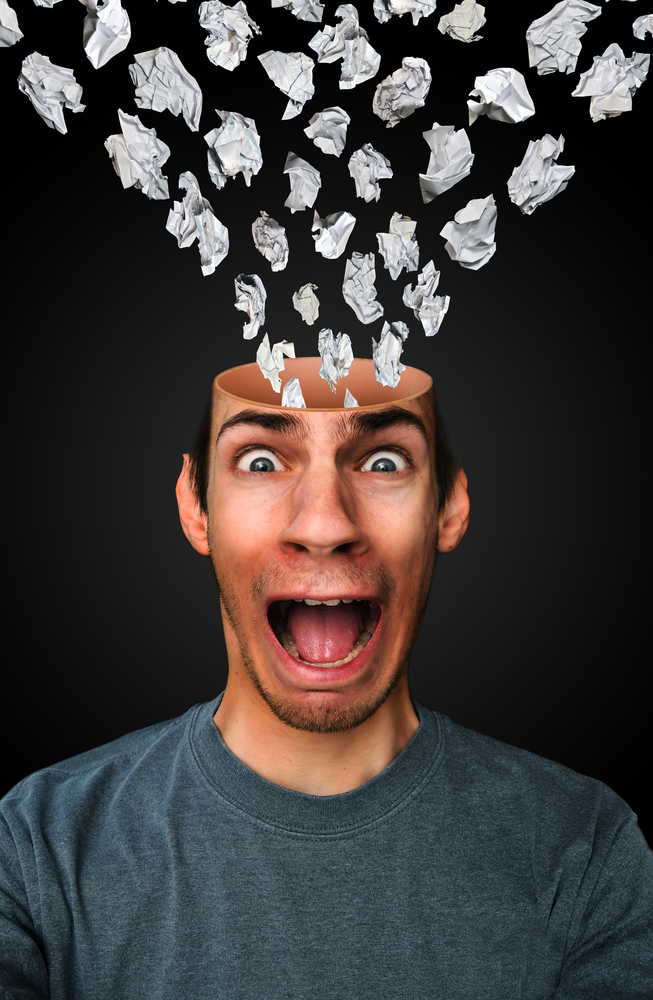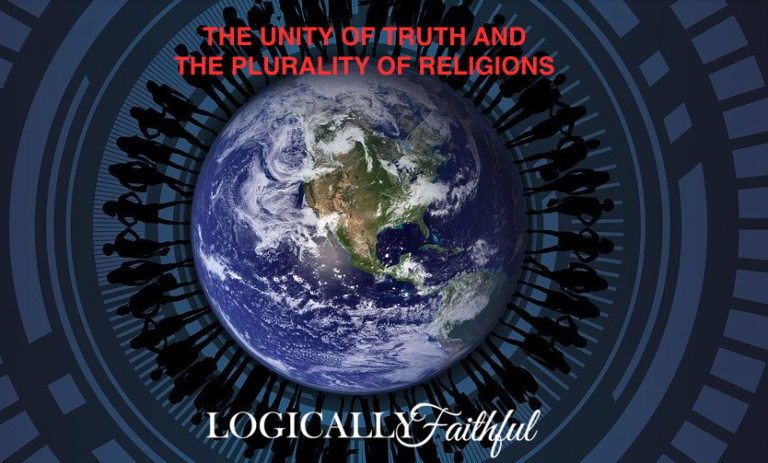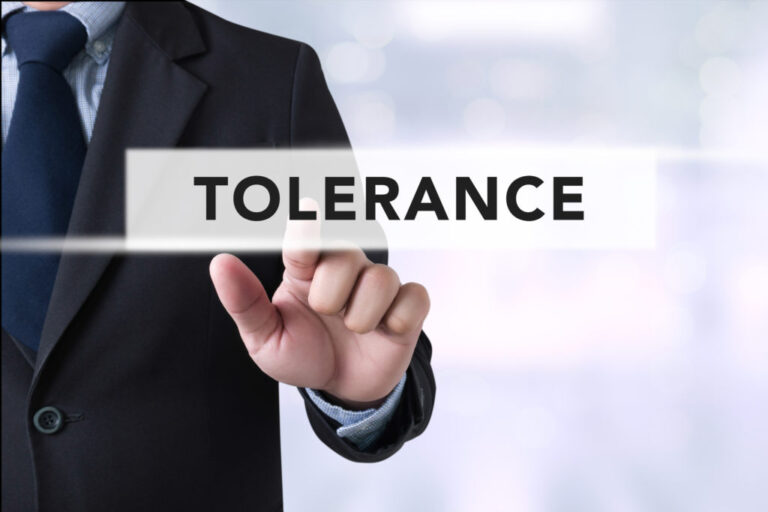Is it possible that an open mind is dangerous? Yes. If your mind is all-encompassing, and you are willing to accept whatever comes into it, then remember that the only thing that accepts anything and rejects nothing, is a sewer. G.K. Chesterton said it best, “The object of opening the mind, as of opening the mouth, is to shut it again on something solid.” (Autobiography). Avoiding mental sewage is as important as being aware of our confirmation biases, as we learn to think clearly and live vibrantly.
“It is the mark of an educated mind to be able to entertain a thought without accepting it.”
I was in a bookstore a few years ago and found an old copy of Aristotle’s Nicomachaen Ethics –a classic on ethical discourse –then when I was about to pay for it the clerk asked me if I would donate to their literacy program for children. I was happy to contribute, as I reached for my wallet I asked, “what are the children reading?” She shot back “Anything they want, we don’t care what they read, as long as they read!” I was startled. I asked “If someone told you that “it does not matter what children eat, as long as they eat,” would you agree?” She ignored my question, became upset at me. She repeated her mantra.
My point stands, what we listen to, watch and who we spend time with matters. It really does matter. We need to have filters on our minds or eyes, as they are the windows of our soul. What we read is just as important as what we feed ourselves. So then we ought to watch what we feed our soul. But at the same time we have to be aware of what psychologists call confirmation bias. It is our cognitive blind spot.
Confirmation bias is best summed up by what Francis Bacon said
“It is the peculiar and perpetual error of the human understanding to be more moved and excited by affirmatives than by negatives.”
Confirmation bias refers to a type of selective thinking, that one person tends to ignore evidence that goes against one’s beliefs whereby one tends to notice and to look for what confirms one’s beliefs! For example, if you believe that the President is an awful leader, and his position on the war on terror is weak, then news showing his problematic foreign policy will confirm your presuppositions and dispositions and thus you will find yourself agreeing with it before you see the evidence for it.
However the opposite will be the case if you are predisposed to like the President.
This can be applied to religion as much as to anything else. If you are a Christian, and there is news found to show contradictions in the Bible, you will naturally try to explain them away. The same is true of some committed atheist. She will not try to explain them away but will use these “contradictions” to confirm her presuppositions and dispositions against God and the Bible, without, many times, even looking at the evidence. See my prior post on Bible Contradictions.
What do you think? How can we over come our bias?
See Science Daily for more information on Confirmation Bias.





the example about the children literacy program is great and true on how they seem as if they care about helping these children but in reality just hand them money. although money can help a person out it is not the solution to the problem because there is not guaranteed that the money will go to helping those children or if it will not be enough to help the children learn something. a closed mind is not good because in order to learn new things about the world a person must be opened minded and see all options in order to go on. for example, if all people were closed minded we would not have the technology we have, houses, building or etc. by having an open mind people were allowed to create skyscrapers, technology to communicate around the world and build shelters for people.
I have to agree with this article, I have had my many moments I have agreed with something without any evidence at all only to realize my error when it was too late to take a step back. People seem to need to go along with anything and everything without backing up their argument with information. I’ll say that this results from peer pressure – as the woman attempted to get you to donate for the children and became annoyed when you questioned her about it, it is obvious most would have apologized and given the money instead of stood their ground and continued to question. Today, most want a simple Yes, no explanations. This results in more people continuing to just follow along with anything and everything and suffering the consequences in the end if they chose wrong. My grandma always taught me if you don’t hear what someone says clearly, never agree to it. You ask them to repeat it and explain. Saying yes on impulse without any background information really teaches you what type of person you are.
Hey Professor Sweiss
Although I agree with some of the points you made I have to say this is a contradiction to some things I have learned from you. The first being is that if we don’t keep an open mind we will never understand any one ideal fully. For example, how I think children should be raised could be significantly different then how you raise children. The truth is there is not right way to raise a child, or at least I have never seen the manual. But if we are not open to understanding the differences in technique, then we will miss a great opportunity to share best practices. I think most things are worth exploring/understanding. Hey some close minded people wouldn’t even have me over for dinner, but you know me I’m not such a bad guy ….. HaHaHa
Antawn,
Thanks for the feedback!
Certain things we ought not know…like
“How it feels to kill an innocent person”
or
The codes to the nuclear weapons codes of Moscow.
or
“how to contact the dead”
or
The knowledge, that is, the experiential connection with evil.
That is why God told Adam not to eat from that tree.
etc.
Some knowledge is deadly…it is not all neutral.
KS
I believe that an open mind is the best to have as long as its not stagnant (less like a sewer and more like a river) where what’s important stays and what isn’t sinks to the bottom. It seems that you and I have two fundamentally different definitions for an open mind. In my opinion, an open mind is one that’s open to all knowledge whether it agrees with their viewpoint or not but doesn’t necessarily accept it.
Religion does seem to be the perfect example of people having a closed mind, which is not always bad but having it closed to tight can affect you in a negative way. How can you grow as a human being if you shut yourself off from taking in new things. I believe the problem with society is that we forgot what it was like to be a baby. Babies are open to anything new and by being this way, they are shaped and molded in such a way that is amazing but then the growth is halted by ignorance. So keeping an open yet closed mind does seem to be the best solution.
Pingback: Absolute Evil | Logically Faithful
“It is the mark of an educated mind to be able to entertain a thought without accepting it”
Since we seem to talk of Aristotle’s accuracy, we better to be accurate ☺
By the hearsay seems to be attributed to: Lowell Bennion in “Religion and the
Pursuit of Truth” (1959), p. 52
Time ago, digging to find the bekker number it resulted to me that it shouldn’t be attributed to Aristotle:
http://www.perseus.tufts.edu/hopper/text?doc=Perseus%3Atext%3A1999.01.0054%3Abekker+page%3D1094b%3Abekker+line%3D20
for it is the mark of an educated mind to expect that amount of exactness in each kind which the
nature of the particular subject admits…
Nicomachean Ethics 1094b23-25
Salam Professor
Thanks Deigo!
My pleasure!